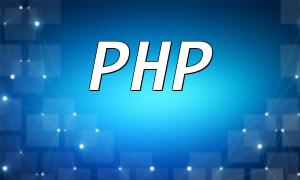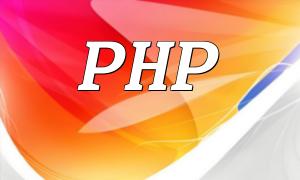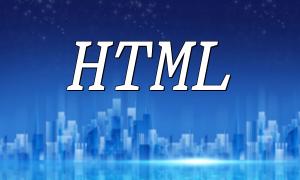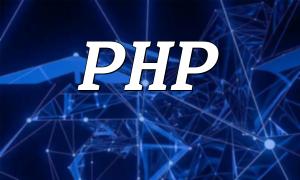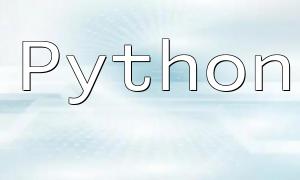In today's fast-paced internet development world, website and application development has become increasingly complex. As a PHP developer, mastering front-end development skills can significantly enhance your competitiveness and help you stand out in your career. This article will explain why PHP developers should learn front-end technologies and provide practical code examples to help you get started.
Front-end development skills enable PHP developers to take on more responsibilities in the project development process. Mastering front-end technologies not only helps you better understand the overall structure of a project but also enhances your overall development abilities. You can contribute to the creation of user interfaces, implement dynamic interactions, and improve the user experience.
For PHP developers, learning front-end development is not overly difficult. Both PHP and front-end technologies are based on HTML, CSS, and JavaScript, so you already have a foundation. Therefore, learning front-end development is more like an extension of your existing skills. You can speed up your learning process by diving into popular front-end frameworks like Vue.js or React, as well as tools like Webpack and Gulp.
As a PHP developer, one of your goals is to provide users with a stable, efficient, and user-friendly system. Mastering front-end development will help you achieve this goal more effectively. By designing user-friendly interfaces and implementing front-end interactions, you can enhance the user experience. For example, using Ajax can enable page updates without refreshing, improving user efficiency and engagement.
As companies' demands for developers increase, many employers now expect PHP developers to have front-end development skills. This is because front-end technologies are becoming increasingly important, and companies need developers who can build full-stack applications. If you only know PHP development, you might face stronger competition in the job market. However, if you also know front-end development, you can showcase more skills and collaborate more effectively with front-end developers, boosting project efficiency.
Here’s a simple code example showing how PHP and front-end technologies (HTML, CSS, and JavaScript) can be used to build a basic user registration feature:
<!DOCTYPE html>
<html>
<head>
<meta charset="UTF-8">
<title>Registration Page</title>
<link rel="stylesheet" href="style.css">
</head>
<body>
<h2>Registration Page</h2>
<form action="register.php" method="POST">
<input type="text" placeholder="Username" name="username">
<input type="password" placeholder="Password" name="password">
<input type="submit" value="Register">
</form>
</body>
</html>
body {
font-family: Arial, sans-serif;
}
form {
margin-top: 20px;
}
input {
margin-bottom: 10px;
}
<?php
if ($_SERVER["REQUEST_METHOD"] == "POST") {
$username = $_POST["username"];
$password = $_POST["password"];
// User registration logic goes here
echo "Registration successful!";
}
?>
By mastering front-end development skills, PHP developers can create better user registration functionality, design friendly user interfaces, and implement smoother user interactions. Whether you're a beginner or an experienced PHP developer, learning front-end development will give a fresh boost to your career. Start learning front-end technologies today and add new momentum to your professional growth.
